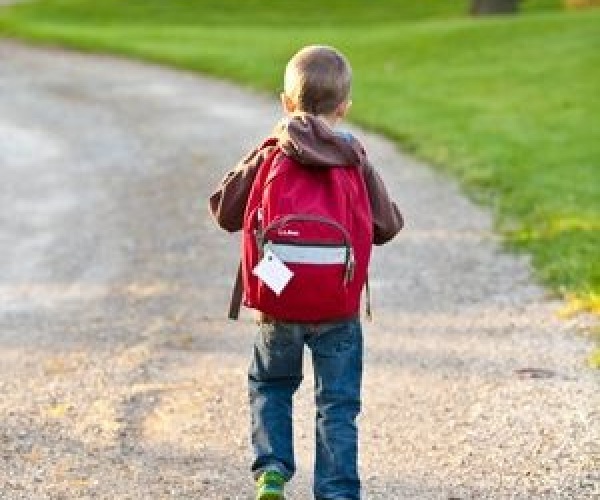How to help children get ready for school

One question I get asked all the time is “How can I help my child get ready in the morning without all the stress and chaos?” The experience of getting kids ready for school in the morning is a challenge faced by most parents. “I have to tell her a hundred times to go brush her teeth”. “No matter how many times I remind him of the time, we always end up in a rush. It’s so stressful”. Sound familiar?
There are many different reasons why the morning routine can be so difficult and there is no simple solution that will work for every family, but here is a list of my tops 10 tips to share with families…
- Get to bed on time the night before. This goes for children AND parents. Having enough sleep and feeling rested will put everyone in the best position for moving calmly and efficiently through the morning.
- Be prepared. Try to get a few tasks done the night before. Ask your kids to get out their clothes or check they have a clean uniform for the morning. Take a moment to get those school forms signed, perhaps make a start on the lunch boxes. This will reduce last minute stressors when you’re out of time in the morning.
- Have a clear idea of what your child can do for themselves. Work out what they can do and what they need help with. Perhaps do a practice run sometime so you can really observe if they can put their clothes or shoes on, can they reach the clothes in their cupboard, squeeze out toothpaste etc. Can the older kids pack their own lunch or snacks? Encourage your child to do what they can and keep expectations realistic.
- Allow time to calm and organised yourself. Think about the time you get up in the morning. Can you allow a few minutes before the kids get up to calmly enjoy your coffee, take a relaxing shower, or make a start on your jobs without distractions? Your calmness will help your child, just as your own stress will also rub-off on them.
- Consider using a Morning Routine Chart. This a visual reminder of the jobs your child needs to do to get ready in the morning. It can read like a list (e.g., 1) Put on uniform, 2) eat breakfast, 3) brush hair etc) or some kids find it easier to follow pictures representing each task. Charts can work very well by giving your child a reference to follow and reduce the need for constant prompting, although your child will initially need reminders to refer to their chart.
- Keep it simple. Try to focus on what really matters. If your child got dressed by themselves does it matter if they have mismatched socks? Your child is refusing to brush their hair even though they can certainly do it by themselves. What would happen if they just went to school anyway? I wonder if the comments from friends/teachers would have more of an impact than your repeated requests. In other words, pick your battles.
- Make it fun. Think of some creative ways to enjoy some moments in the morning. Perhaps try racing against the timer to get ready, lay your younger child’s clothes out with the socks as a hat, does music motivate or distract? This is a great antidote to the stress and busyness.
- No screen time – until EVERTHING is done and your child is ready to walk out the door. This will help keep distractions to a minimum and might motivate your child to get ready.
- Find some time to connect during the busy morning routine. For little ones, make sure there is a big cuddle first thing in the morning, wish your older child good luck for their exams, find a moment to be together while getting ready. All children need to feel connected to their parent and this will help them to be able to concentrate on all the mini decisions they need to make while getting ready.
- Enjoy your weekends. Try to ‘fill your child’s bucket’ on the weekend, enjoy some down time together and engage in some preferred activities. This will help your whole family feel more satisfied and ready to conquer the school/working week.
So if you are finding your morning routine particularly challenging then why not give some of these ideas a go? Of course every family is unique so if you require extra support then please contact us on ph: 6381 0071 and we would be happy to help you further.